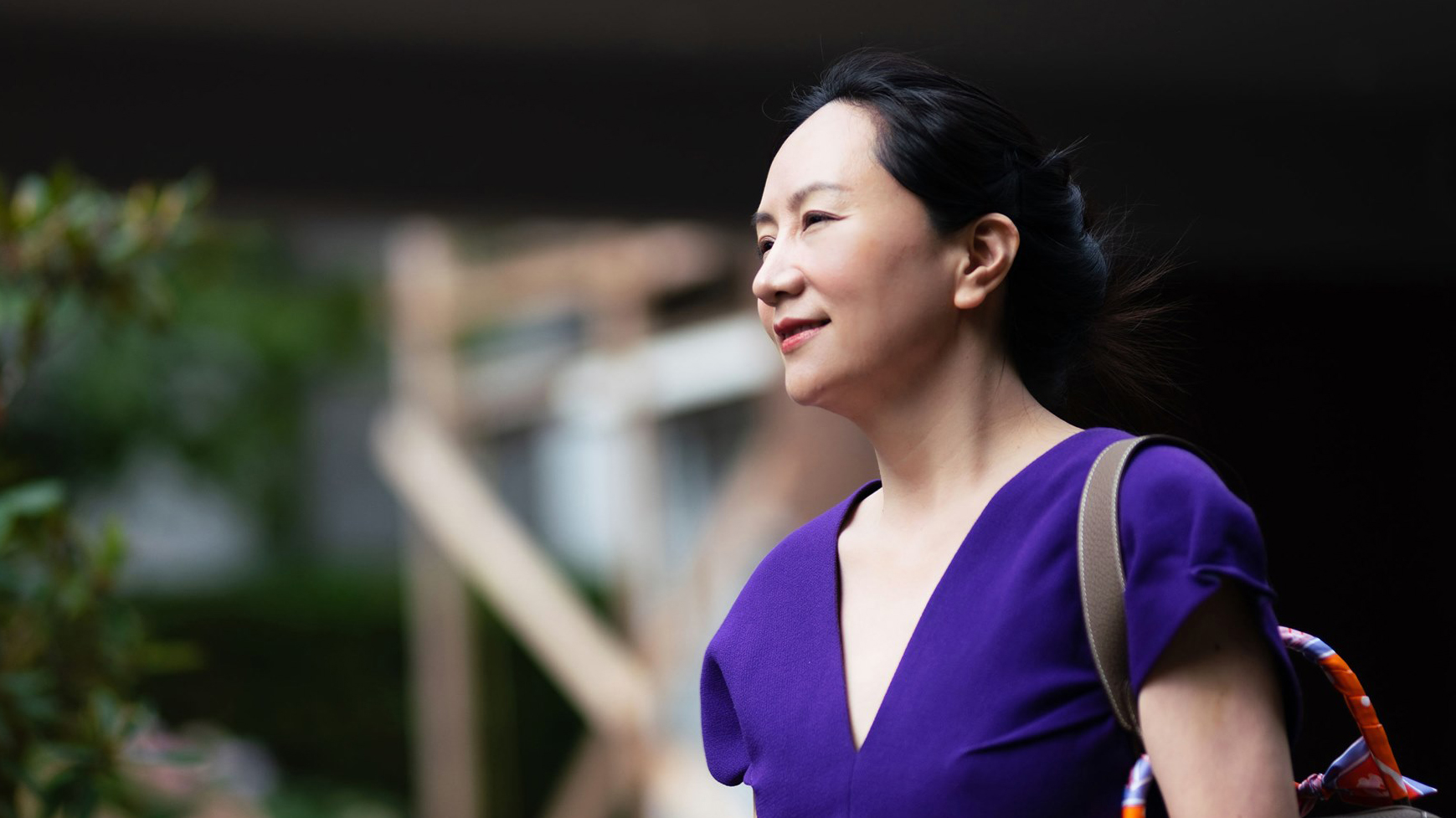
A B.C. Supreme Court judge has ruled that Huawei’s chief financial officer’s case meets the double criminality test in Canada.
The court found that Meng Wanzhou’s case meets key factors of Canada’s extradition law, which means that the proceedings will continue on to the second phase in June.
“The double criminality requirement for extradition is capable of being met in this case. The effects of the U.S. sanctions may properly play a role in the double criminality analysis as part of the background context against which the alleged conduct is examined,” Justice Holmes stated in the 23-page ruling.
Justice Holmes writes that because of this, Meng’s application requesting to be discharged from the extradition process has been dismissed. If the court had determined that her case didn’t meet the so-called “double criminality” test, she would have been free to leave.
Meng’s defence team argued that the crimes she is accused of “could not have amounted to fraud in Canada because it relates entirely to the effects of U.S. economic sanctions against Iran, and at the relevant time Canada had no such sanctions (just as it has none now).”
Justice Holmes stated in her ruling that Canada’s law of fraud looks beyond international boundaries.
“Ms. Meng’s approach to the double criminality analysis would seriously limit Canada’s ability to fulfill its international obligations in the extradition context for fraud and other economic crimes.” Holmes wrote.
Huawei has responded to the court decision and stated that it is disappointed by the ruling, but that it expects “Canada’s judicial system will ultimately prove Ms. Meng’s innocence.”
Huawei statement regarding Meng Wanzhou: pic.twitter.com/zvODmPhgIj
— Huawei Canada (@Huawei_Canada) May 27, 2020
It should be noted that this decision does not mean that Meng will be extradited to the U.S., as the court still needs to determine if there is enough evidence even to warrant extradition.
It’s been more than a year since Vancouver authorities arrested Meng in December 2018 at the request of the U.S. for violating sanctions in Iran. Meng has since resided in one of her two mansions located in Vancouver under partial house arrest.
Minister of Foreign Affairs François-Philippe Champagne released a statement saying: “This decision is but one component in a multi-step legal process. The Government of Canada will continue to be transparent about the extradition process for Ms. Meng.”
This latest development is likely to increase tensions between Canada and China even further.
Prime Minister Justin Trudeau recently replied to comments from the Chinese ambassador, who said that this extradition case was “the biggest thorn” in the relationship between the two countries.
Trudeau had told reporters that “Canada has an independent judicial system that functions without interference or override by politicians. China doesn’t work quite the same way and doesn’t seem to understand that we do have an independent judiciary.”
Now that the second phase of Meng’s extradition proceedings will continue in June, the process will likely last until the end of the year. However, due to appeals, the process could possibly last years.
Meng and her lawyers are expected to appear in court to discuss the next steps of the trial.
Image credit: Huawei
MobileSyrup may earn a commission from purchases made via our links, which helps fund the journalism we provide free on our website. These links do not influence our editorial content. Support us here.


